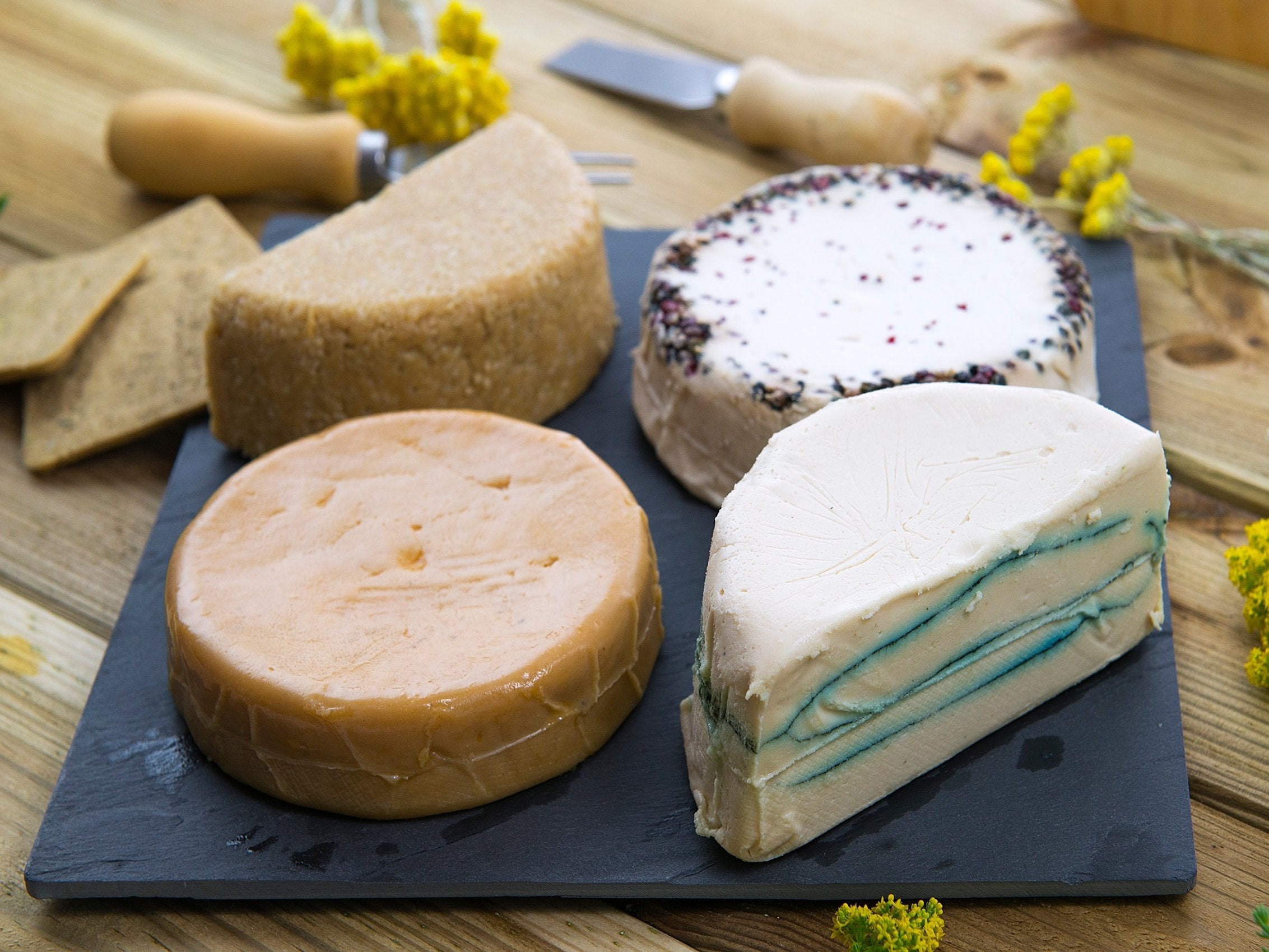Is the government ready to embrace veganism?
With revolutionary improvements in the taste of vegan products, I predict 2023 will even see more of us choosing plant-based alternatives to dairy, writes Donnachadh McCarthy


In true Liz Truss fashion, the government told me that it has “no intention” of telling the public to eat less meat. So here’s a question to consider. Would you go on a plant-based diet for a month to give a £1m donation to the charity of your choice?
That’s what the international vegan charity GenV has offered UK prime minister Rishi Sunak this January, which is Britain’s annual Veganuary month.
Whether or not he accepts the challenge (I won’t hold my breath), I predict 2023 will continue to see more of us eating fewer dairy products nonetheless. This is because plant-based alternatives to dairy have vastly improved in taste, and the public is increasingly aware of the link between dairy products and the climate and ecological crises.
Britons love nature, so why would we literally devour it unnecessarily? Twenty years ago, about the only plant-based dairy products available were some really horrible sawdust-tasting vegan “cheeses” and soya milks that curdled in your coffee and tea. But lately, the food industry has cracked the taste issues for many alternatives to dairy milk products.
Oat milk now tastes almost exactly like the real thing and works perfectly in tea and coffee. Just three years ago, none of my eco-auditing clients ever had plant milks in the staff canteen – now it is almost the norm.
I have been vegetarian for 36 years and semi-vegan for about 10 years, but it was only last year that I finally moved over from organic dairy cheeses, as the improvement in the range and taste of plant-based cheeses has been revolutionary. You can now get decent plant-based versions of parmesan, cheddar, goat, camembert and blue cheeses. We can finally enjoy vegan toasted cheese sandwiches for pleasure rather than duty.
To be fair, delicious plant-based yoghurts have been on the market for a long time, but now, there are even tasty vegan Magnums ice creams available. And as a lover of milk chocolate, I am delighted that there are now many dairy-free options available.
Livestock rearing, including dairy cows is responsible for over 16 per cent of global carbon emissions. The 100g of cheese in a sandwich emits about 3.2kg CO2 according to the BBC food carbon calculator; while 100g serving of tofu emits only 0.16kg or one twentieth.
The amount of land gobbled up unnecessarily by livestock is staggering. It takes four times more land for a livestock-based diet than it does for a plant-based diet. Livestock are one of the biggest causes of deforestation and its associated destruction of thousands of our unique fellow species. Meat eaters are literally eating the Amazon, as it gets burnt to clear land for cattle ranching and to grow soya beans for livestock feed exports.
In Britain, there are more than one million dairy cows, producing an endless flood of slurry, adding to the human sewage dumped in our rivers and sea. But horrifically, their udders have been bred to more than double their production from 4,000 litres per year to over 9,000 since the 1970s.
Then there are the health reasons for eating more plant-based milk products. Studies show that reducing meat and dairy reduces risk for a large range of illnesses, including cardiovascular diseases, rectal, prostate and breast cancers and type 2 diabetes.
As it’s Veganuary, we asked the government and opposition parties how they would promote the switch to more plant-based foods, in light of the climate, ecological, economic and human health benefits for Britain. The government accepted that the evidence shows that “plant-based food products are generally less carbon intensive to produce than livestock products”.
Defra added: “Well-managed livestock provide environmental benefits such as supporting biodiversity and protecting the character of the countryside.” Let us be clear, this is like saying brown is green. Livestock are one of the leading causes of biodiversity destruction – in the UK and globally.
The Labour Party again refused to provide any statement. Heaven forbid that the right-wing media accuse them of being tofu-munchers! The Liberal Democrats also refused to outline any measures they would take to promote more plant-based British foods.
Defra also stated that: “British farmers have dedicated their lives to being stewards of our natural environment.” This is true of a minority of farmers, but the reason why the UK is wildlife denuded and our soils are being lost is because too many farmers are destroying our natural environment.
So, there you have it. The bad news is that no matter who is the next government, they will likely not promote one of the simplest steps to improving our health, protecting our wildlife and reducing agriculture’s large carbon emissions. But the good news is that we do not need government help or even a £1m prize to forge ahead ourselves to consume more plant-based foods in 2023.
A 2022 Ipsos survey found that 48 per cent of us are already using plant-based alternatives to dairy. So why not make it your Veganuary 2023 resolution to do likewise and encourage our schools, cafes and workplaces to join in too?
Join our commenting forum
Join thought-provoking conversations, follow other Independent readers and see their replies
Comments
Bookmark popover
Removed from bookmarks